Sticky resin on your hands can be frustrating and uncomfortable. Whether you're crafting with epoxy, working with UV resin, or handling cannabis products, getting that stubborn residue off your skin requires the right approach.
This complete guide will show you exactly how to get resin off hands using safe, effective methods that protect your skin.
What is Resin and Why It's Difficult to Remove?
Resin isn't just one substance, it comes in several forms that all share one annoying quality: they love to stick to skin.
- Epoxy resin, UV resin, craft resin, and cannabis resin all contain adhesive compounds
- Most resins are made of polymers that create strong bonds as they cure or dry
-
These bonds are great for your projects but terrible when they get on your hands
Leaving resin on your skin isn't just uncomfortable, it can cause irritation, redness, and even allergic reactions in some people.
That's why knowing how to remove it quickly and completely is so important for anyone working with resin materials.
The Best Way to Deal with Resin
The easiest way to handle resin on hands is to prevent it from happening in the first place.
- Always wear nitrile gloves when working with any type of resin
- Latex gloves won't protect you properly as resin can break them down
- Set up your workspace with cleanliness in mind
- Use silicone mats, disposable coverings, and keep paper towels within reach
If resin does touch your skin, act fast! The longer it stays on your hands, the harder it will be to remove.
Keep cleaning supplies ready before you even start your project. This preparation can save your skin from hours of scrubbing later.
Check out our resin casting basics guide for more safety tips and best practices.
Resiners Dual-Head Resin Mixer: Keeping Resin Off Your Hands
One of the best ways to prevent resin from getting on your hands in the first place is to use specialized equipment designed for clean, precise mixing.
The Resiners Dual-Head Resin Mixer is a game-changer for anyone who works with resin regularly.
- Eliminates manual mixing that often leads to spills and splashes
- Dual mixing heads ensure thorough blending without air bubbles
- Precise control means less mess and reduced chance of skin contact
- Consistent results with minimal handling of uncured resin
Resiners® Upgraded Dual-Head Resin Mixer
The mixer's ergonomic design keeps your hands away from the resin during the critical mixing phase where most accidental contact occurs.
By reducing direct handling, you significantly decrease the chances of getting sticky resin on your skin in the first place.
Immediate Actions When Resin Gets on Your Hands
The first 30 seconds after resin contacts your skin are crucial.
- Immediately wipe it off with a dry paper towel or cloth
- Don't spread it around—dab it off carefully
- For uncured resin (still wet), try baby wipes or alcohol wipes
- The sooner you act, the easier removal will be
If you don't have special cleaners nearby, cooking oil can be an emergency option. Apply vegetable or olive oil to the affected area and rub gently. This helps break down the resin before it fully bonds to your skin.
Household Solutions for Getting Resin Off Hands
Your kitchen likely contains several effective resin removers.
Cooking oils (olive, canola, vegetable)
- Apply generously to affected areas
- Rub gently for 1-2 minutes
- Wash with soap and warm water
Vinegar solution
- Soak a cotton ball in white vinegar
- Rub it on the resin spots
- The acidic nature helps dissolve the bonds
- Follow with soap and water
Salt scrub
- Mix cooking oil with coarse salt
- The salt provides gentle abrasion
- Rub in circular motions
- Rinse thoroughly
Baking soda paste
- Mix baking soda with a little water
- Apply to affected areas
- Rub gently
- Rinse with warm water
Natural and Skin-Friendly Methods to Remove Resin
Citrus-based solutions
- The natural oils in citrus fruits break down sticky residues
- Use lemon juice directly or citrus-based cleaners
- Effective yet gentle on most skin types
Coconut oil
- Perfect for those with sensitive skin
- Dissolves resin while moisturizing
- Apply liberally, massage into the resin spots
- Wash with soap and water
Plant-based oils
- Jojoba or sweet almond oil penetrate and lift tough resin
- Leave your hands soft rather than dried out
- Great alternative to harsher chemical options
Step-by-Step Guide to Remove Different Types of Resin
For epoxy resin
- Start with vegetable oil and let it sit for 2-3 minutes
- Gently scrub with a soft cloth
- Wash with dish soap
- Try vinegar for any remaining residue
For UV resin
- Apply isopropyl alcohol (70-90%) with a cotton ball
- Let sit briefly, then wipe away
- Follow with soap and water
For craft resin
- Remove with oil first
- Follow with a gentle salt scrub if needed
- Finish with soap and water
For cannabis/hemp resin
- Apply isopropyl alcohol generously
- Rub gently, then wash thoroughly
- Try coconut oil for a gentler approach
After-Care: Treating Your Skin Post-Resin Removal
After removing resin, your skin needs some TLC.
- Apply a rich, fragrance-free moisturizer immediately after cleaning
- Consider using a healing ointment like petroleum jelly on irritated areas
- This creates a protective barrier while your skin recovers
- Watch for signs of allergic reactions (persistent redness, swelling, itching)
- Consult a healthcare provider if symptoms don't improve within 24 hours
What Never to Use When Removing Resin
Avoid these dangerous methods that can harm your skin:
-
Harsh solvents like acetone or paint thinner
-
Can cause serious skin damage, dryness, and chemical burns
-
Gasoline, turpentine, or similar petroleum products
-
Toxic and can be absorbed through your skin
-
Can cause both short and long-term health problems
-
Mixing cleaning methods without rinsing between them
-
Some combinations can react with each other
-
Can create irritating compounds
-
Always rinse thoroughly before trying a different removal method
Don't forget to browse our blog for more tips on handling resin safely and effectively!
Conclusion
Getting sticky resin off your hands doesn't have to be a painful ordeal. With the right techniques and some common household items, you can safely remove even stubborn resin while keeping your skin healthy.
Remember that prevention is always easier than cleanup, so invest in good gloves and careful working habits.
For those who work with resin regularly, Resiners offers specialized equipment designed to make your resin projects cleaner and safer. Their dual-head resin mixer significantly reduces the chances of spills and accidental skin contact by providing precise, controlled mixing.
Their high-quality tools and materials help you create beautiful resin art while minimizing messy cleanup and skin exposure.
Browse their collection of resin supplies to make your creative process smoother and your hands happier!
Frequently Asked Questions
How to clean resin off your hands?
First, try removing resin with cooking oil like olive or vegetable oil by massaging it into the affected areas. If that doesn't work completely, use a salt scrub or isopropyl alcohol on stubborn spots. Always finish by washing with soap and warm water, then apply moisturizer to prevent skin dryness.
What removes epoxy resin from skin?
Vegetable oil, coconut oil, or olive oil are the safest and most effective ways to remove epoxy resin from skin. Apply generously, let it sit for 2-3 minutes to break down the resin, then gently scrub and wash with soap. For stubborn spots, vinegar or isopropyl alcohol can help but may be more drying to your skin.
What happens if I get resin on my hand?
When resin contacts your skin, it begins bonding to the oils and outer layer of your skin. If not removed quickly, it can cause irritation, redness, and in some people, allergic reactions like itching or rashes. Uncured resin contains chemicals that can be absorbed through skin, potentially causing sensitization with repeated exposure.
Does hand sanitizer remove resin?
Hand sanitizer can help remove resin because it contains alcohol that breaks down some resin compounds. Apply generously to the affected area, rub gently, and wipe away with a paper towel. It works best on fresh resin before it cures, but may not completely remove hardened resin and can be drying to skin, so follow with moisturizer.
Related articles:
What Is Resin? Create Stunning Art From Liquid!
Dual-Head vs. Single-Head Resin Mixers: Which One is Better for You?


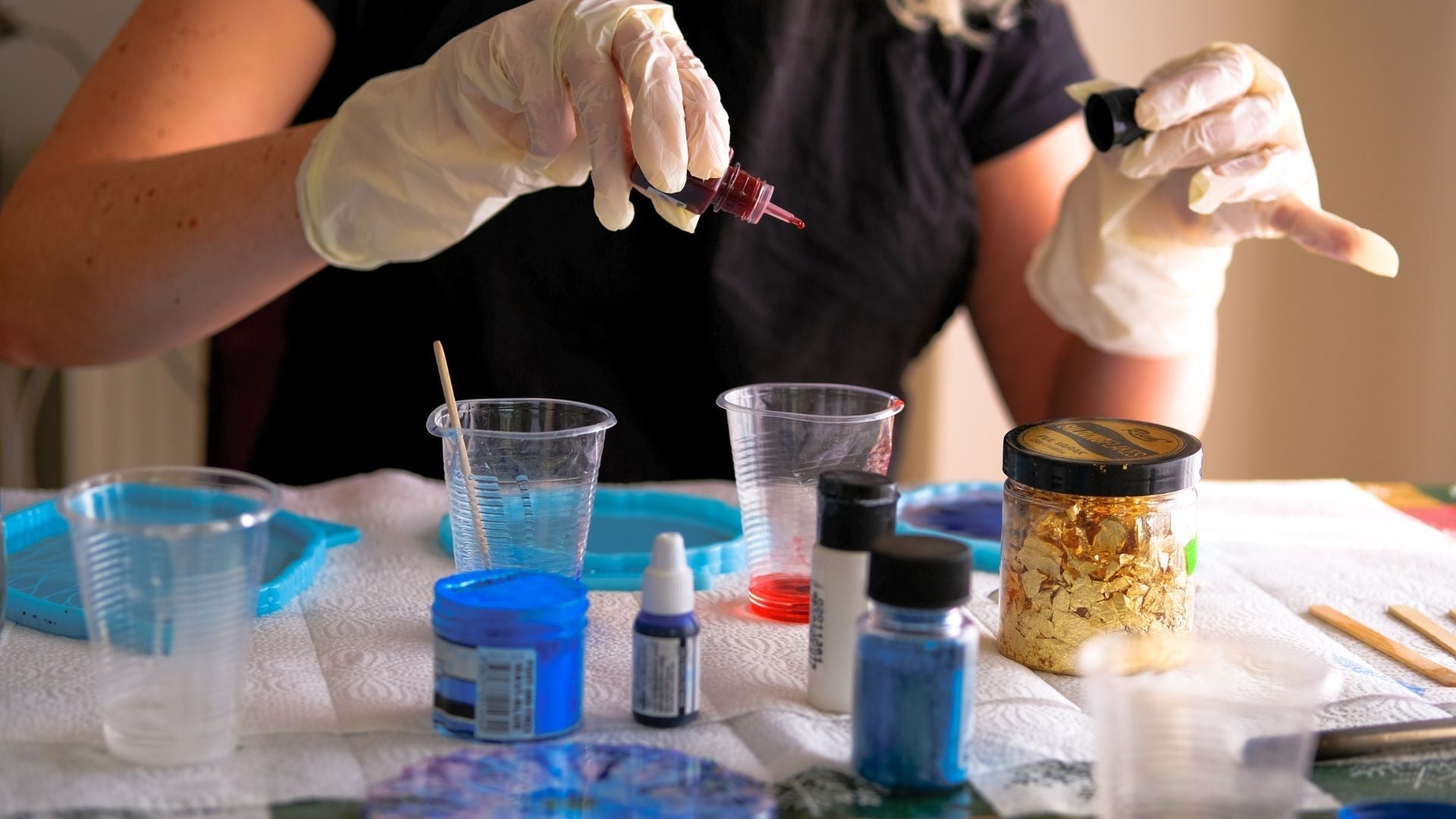
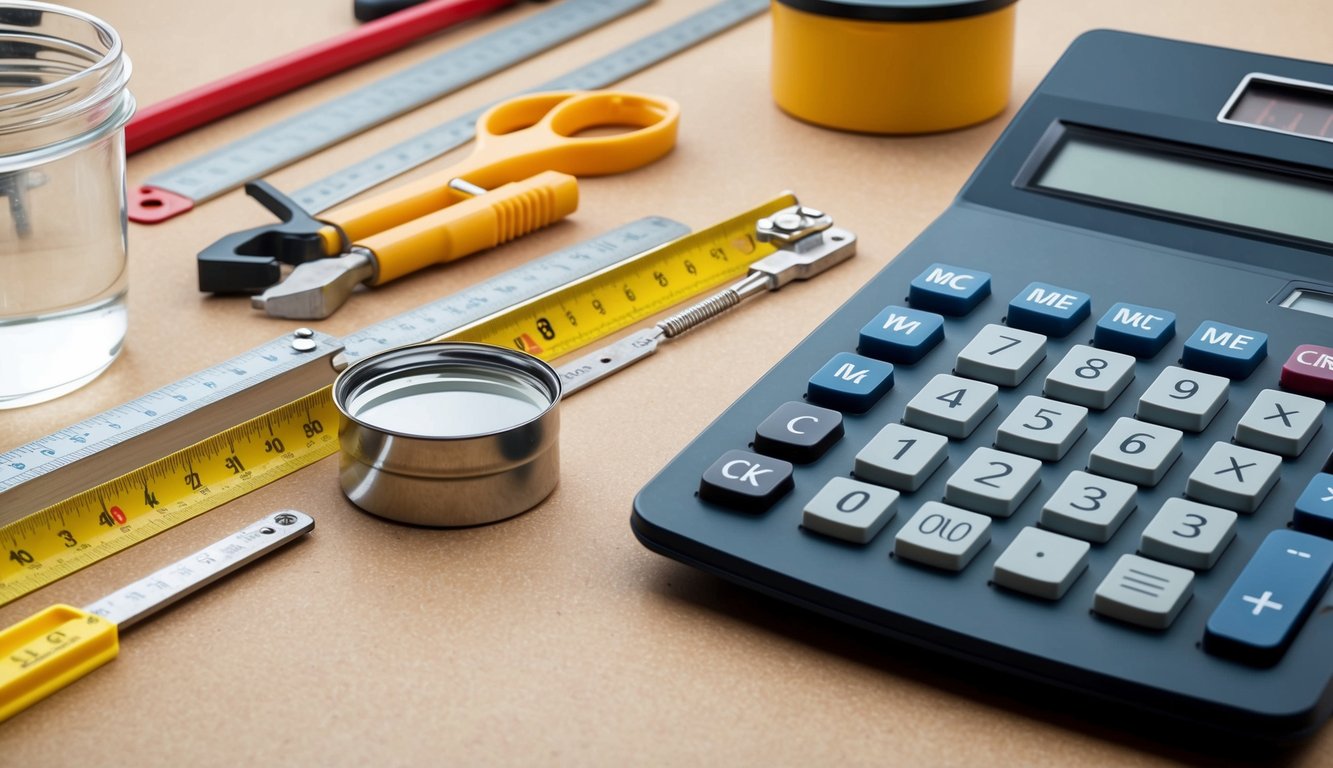
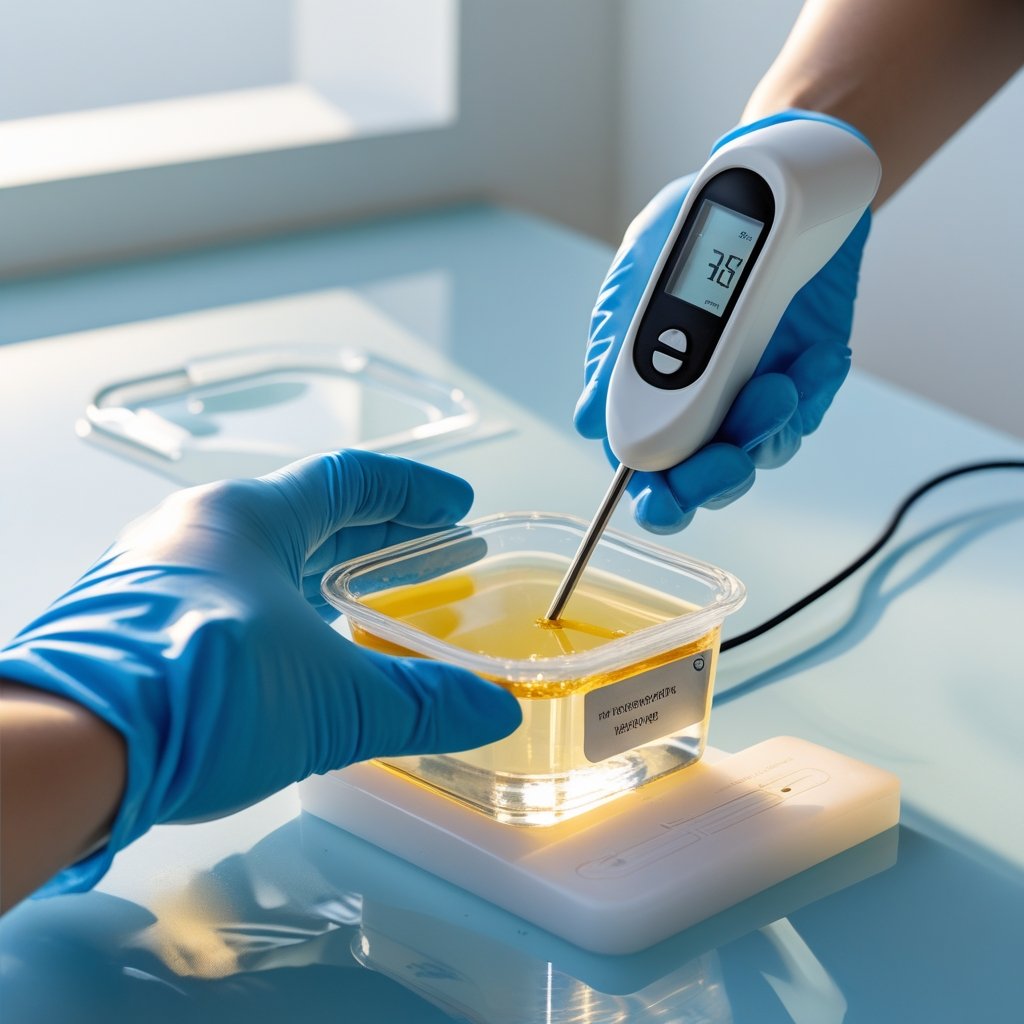
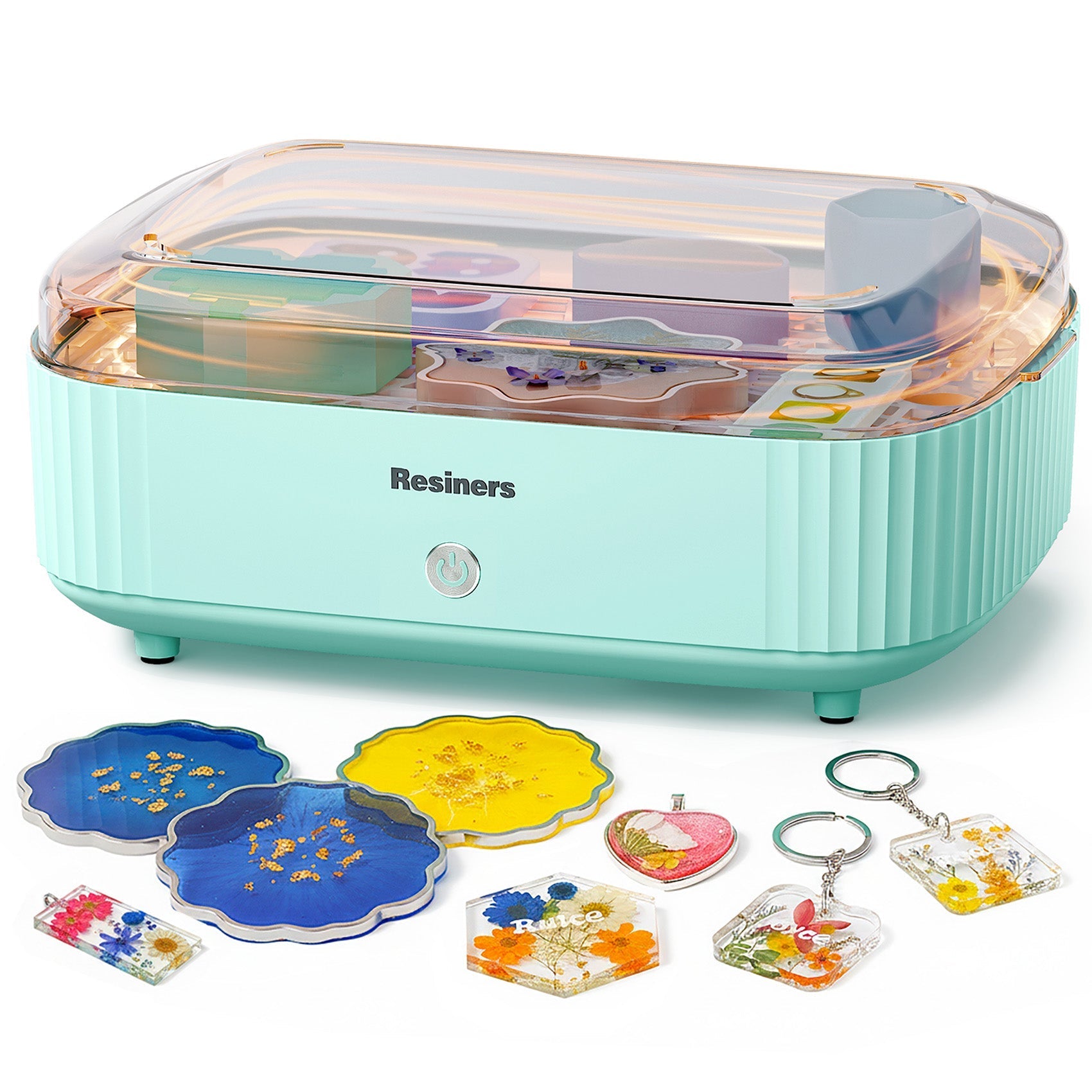
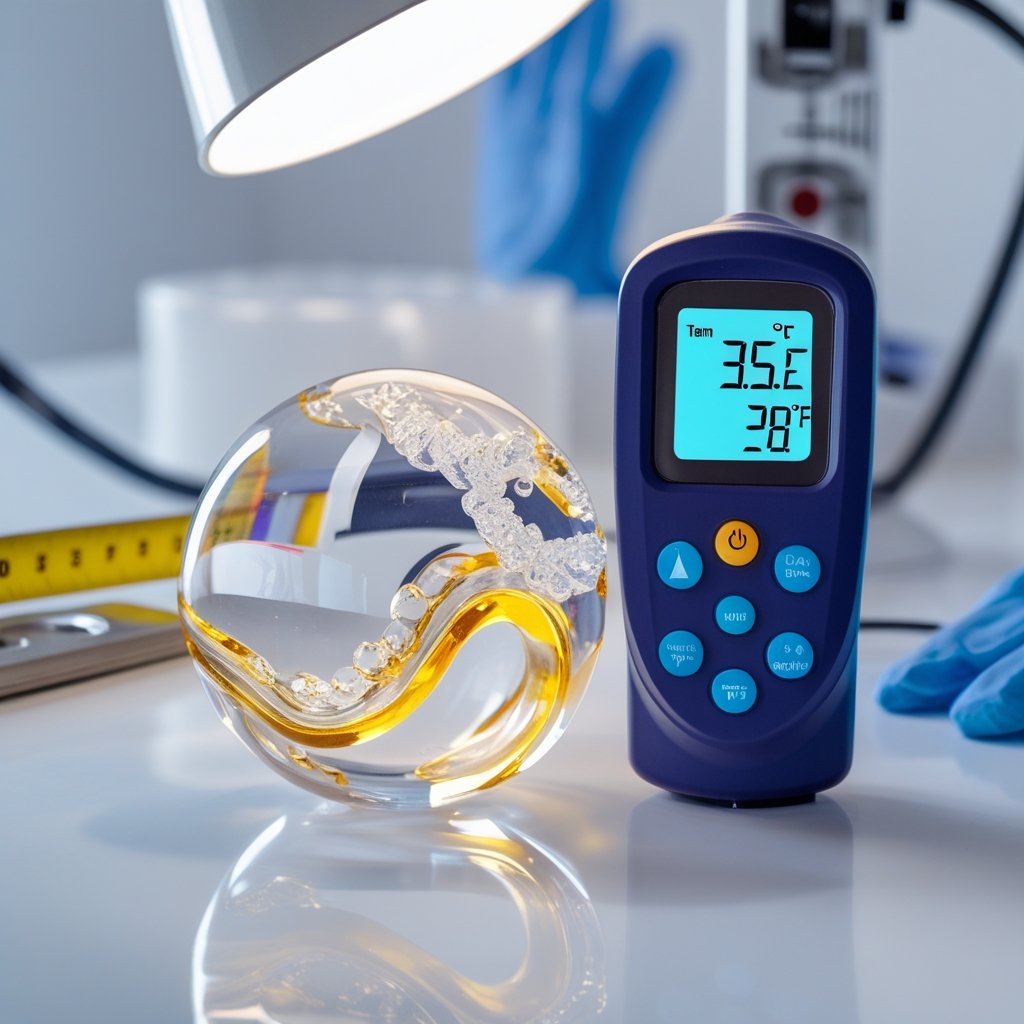

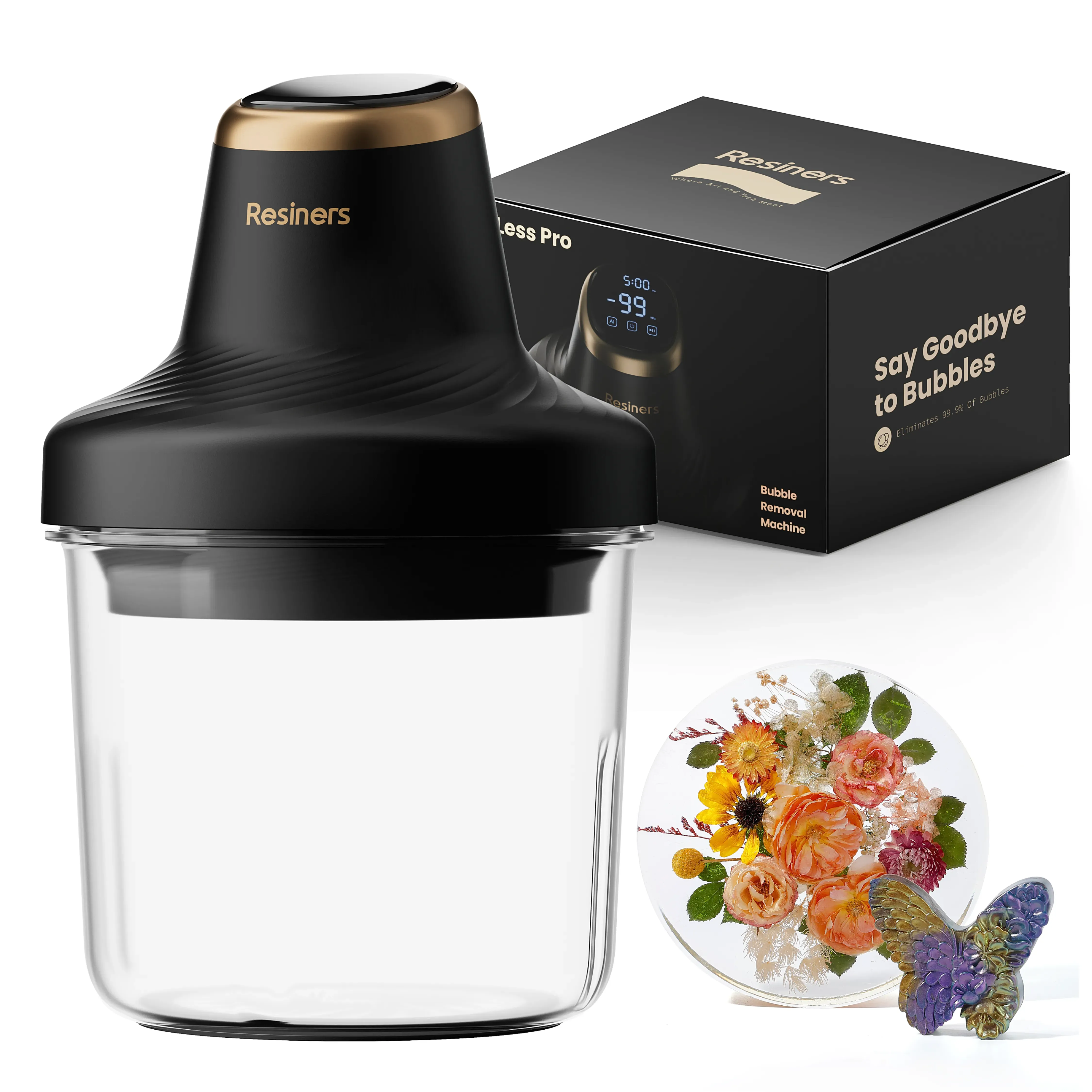



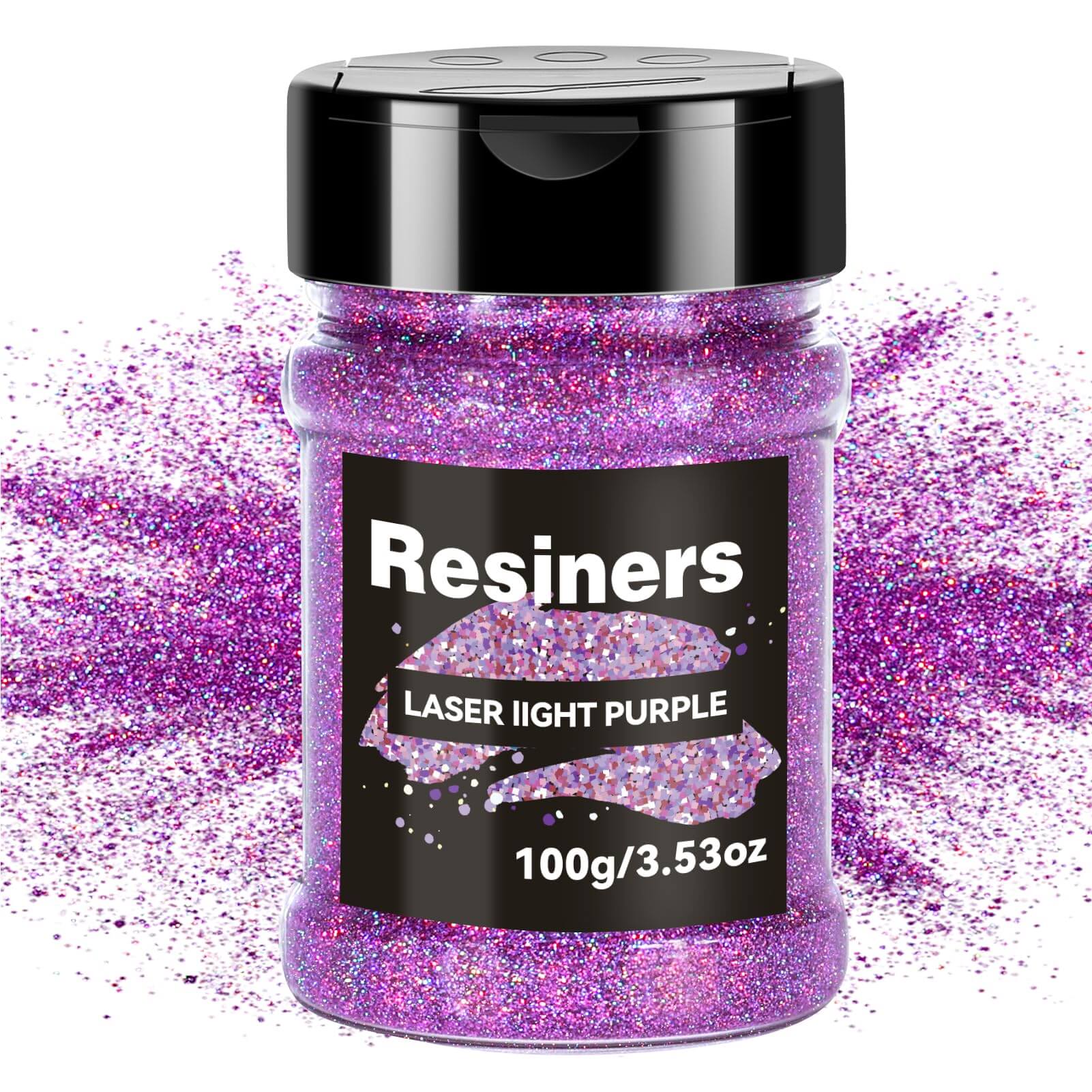
Leave a comment
This site is protected by hCaptcha and the hCaptcha Privacy Policy and Terms of Service apply.